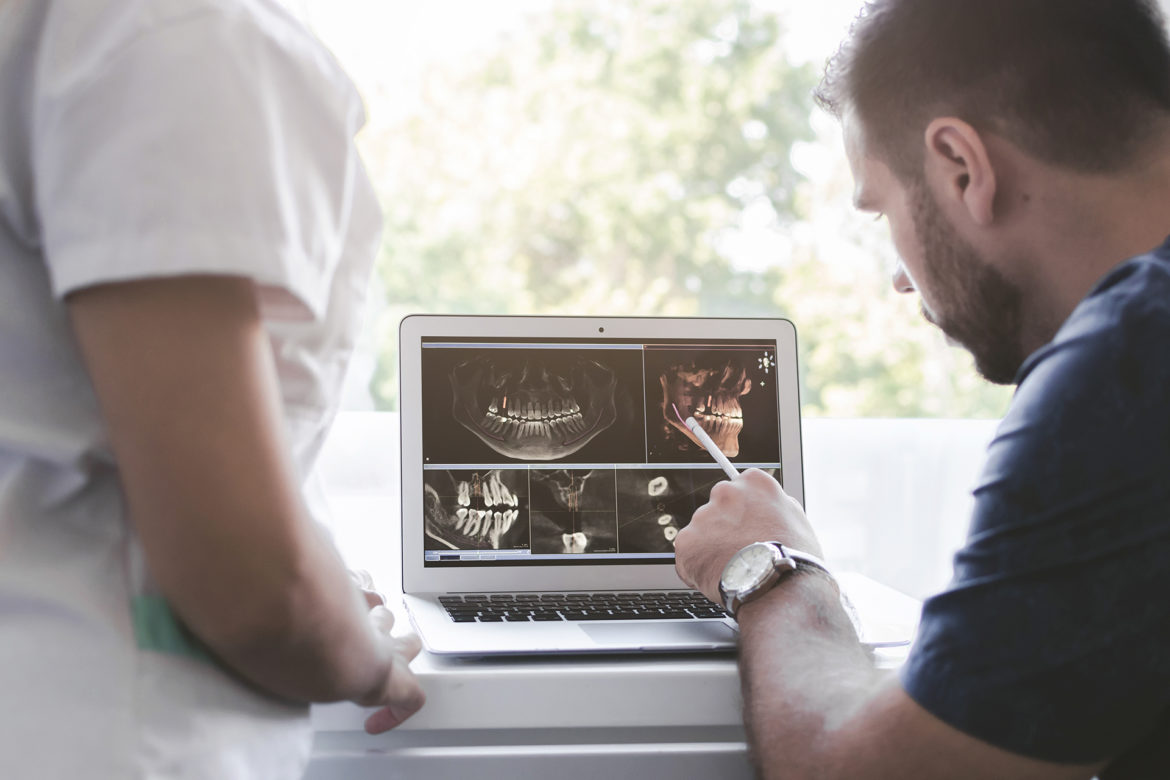Artificial intelligence is starting to impact every aspect of medical care. For instance, a Boston-based startup called
VideaHealth is partnering with large dental service organizations such as Heartland Dental to advance precision dental
diagnostics and care with AI-generated workflow tools and revenue cycle management solutions. Founder and CEO Florian
Hillen recently spoke with Healthcare Innovation about the potential for applying AI to dental care.
Launched in 2022, VideaHealth recently raised $40 million in an oversubscribed Series B funding round led by Emily
Melton, co-founder and managing partner of Threshold Ventures, with participation from Avenir Ventures, BAM
Ventures, and existing investors Spark Capital, Zetta Venture Partners, and Pillar VC. VideaHealth says its
AI-powered platform is used by dental professionals across North America to analyze millions of patients annually,
supporting clinicians in identifying and treating critical dental conditions.
VideaHealth collaborates with the largest dental service organizations (DSOs) in North America including Heartland
Dental in the U.S. and DentalCorp in Canada. Over 40,000 dental professionals worldwide use VideaHealth AI platform,
the company said.
Before founding VideaHealth, Hillen did stints at Eko Health, which created a digital stethoscope, as well as at
consultancy McKinsey, before studying the nexus of AI and healthcare at MIT.
Healthcare Innovation: Could you talk about how you came to found this company?
Hillen: Dentistry is a really great market where you have very innovative dentists trying to lean
into technology in order to overcome a lot of other challenges they have right now, such as staffing shortages. I
founded this company just out of MIT, right? I looked on Google Maps for dentists near MIT, and I walked into every
single office and asked them if they wanted to help me build this thing. So very early on, I had what I would call
design partners. Funnily enough, I probably know every dentist in Cambridge. But now we have over 100 dentists on
the payroll.
We built an algorithm and had early adopter dental practices use it and had them report feedback on what they liked
and what they didn’t like. Also, we were able to measure early on if they actually can increase their revenue.
That’s how I was able to raise my first seed round, which was $1 million. Then with that seed round, I was able to
go from that early concept algorithm to actually building software and doing a proper pilot. The outcome of the
pilot was so good that I was able to raise my next round.
HCI: How does your AI solution streamline the workflow and lead to increased revenue growth for dentists?
Hillen: When you go to a dentist, they take X-rays, and then the dentist might come in and tell you,
‘Hey, do you see this gray blob on this tooth in the X-ray? You need a $2,000 crown.’ Ideally you would schedule
that, but often people think I don’t know if I need that. They say, ‘Let me not schedule this right now. Let me
think about it.’ And then they may call another dentist and ask for a second opinion.

